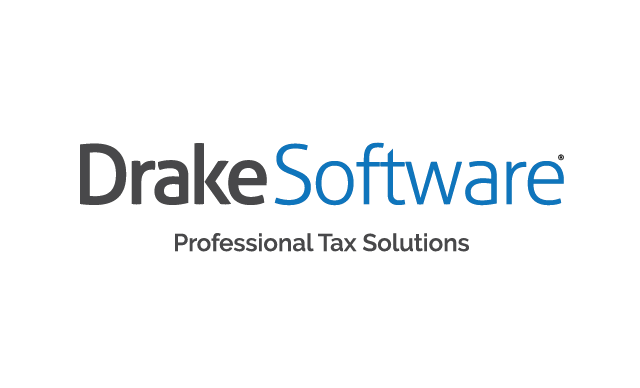- sponsored content
- ADVERTISING SUPPLEMENT
AI’s role in complex tax decisions

John Sapp has been in the tax industry since 1986. Over the years, he’s helped clients through major life events — getting married, having children, and preparing for retirement. As a CPA, he views these moments as opportunities to guide clients through complex tax decisions.
Today, artificial intelligence (AI) is becoming a powerful tool in the tax and accounting profession. Many tax professionals are starting small — using AI to draft emails or personalize client letters. “It’s a good entry point,” says Sapp. “But its potential goes beyond that.”
A standout use case, according to Sapp, is Microsoft Excel. “If you’re stuck on a complex formula, AI can generate or troubleshoot it instantly,” he explains. “It’s also great for organizing large datasets.” However, he cautions against using AI for legal or highly technical research. “I once asked AI about a particular tax law and got an inaccurate answer. It tends to agree with you and may vary depending on the platform.”
For accuracy, Sapp uses the SPAR method:
- S: Cite your sources
- P: Prioritize privacy
- A: Verify accuracy
- R: Check reliability
“AI can be helpful, but you must vet the information and avoid inputting sensitive or client-specific data into public tools,” he emphasizes.
Q Will AI replace tax professionals?
A “Absolutely not,” Sapp says. “Clients seek empathy and trust. AI can’t interpret context or build relationships. Humans are still needed to catch mistakes, explain nuances, and understand emotional weight behind financial decisions.”
Q How can professionals get started with AI?
A Sapp recommends a simple, low-risk approach:
- Ask it to write a basic email (e.g., “I’ll be home late”).
- Test it on complex Excel formulas.
- Create general lists like a grocery list.
- Use only public-facing, nonsensitive content.
“Start with small, practical uses,” he suggests. “See how it performs and build from there. AI is a powerful assistant — but it still requires human oversight and judgment.”
With a thoughtful, cautious approach, AI can enhance the work of tax professionals — making everyday tasks more efficient without compromising accuracy or client trust.
Sponsored by:















